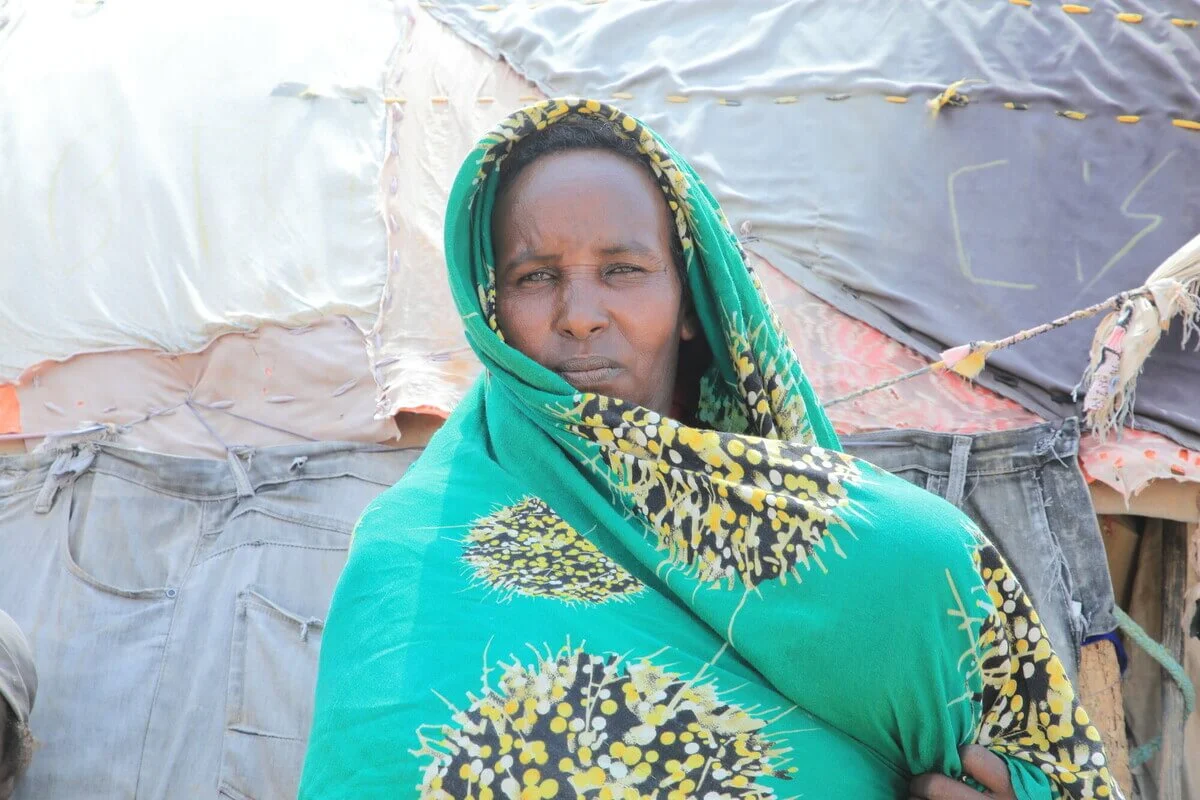El Niño Food Crisis
In late 2015 and through 2016, 60 million people around the world faced hunger as a result of the strongest El Niño ever recorded. The climate phenomenon develops in the tropical Pacific and brings extreme weather to several regions of the world.
The 2015/2016 “super El Niño”, combined with climate change, brought severe droughts, erratic rains and flooding to parts of Africa, the Pacific, Asia, the Caribbean and Central and South America.
Worryingly, recent research suggests that these particularly strong El Niño events may occur twice as often as in the past. The countries most affected by the combined impacts of climate change and El Nino are often the least equipped to adapt.
What Oxfam is doing to mitigate the impacts of El Niño
- In Papua New Guinea (PNG), with the help of the Australian Government, we supported communities remain resilient to drought through our water, sanitation, hygiene, and livelihoods assistance, as well as an emphasis on awareness raising and public health messaging to support good hygiene practices.
- In Ethiopia, we worked in areas most affected by food shortages to assist communities facing plummeting livestock prices and poor harvests. This included a cash-for-work program, the distribution of animal feed and livestock vaccinations and the supply of water through water trucking and repair of boreholes, and public health promotion.
- In Somalia, we helped to restore community water sources, provided training around the management of water and reducing the impact of floods, and supported people to access nutrition and health services.
- In Malawi, Oxfam worked with other NGOs to provide cash transfers to people in the districts most affected by food shortages. We also increased activities such as public messaging about nutrition to prepare people for worsening conditions, within our existing long term development projects.
- In Latin America, Oxfam helped to build the resilience of communities in Guatemala, Honduras, Nicaragua, El Salvador and Colombia to ongoing droughts, through cash transfers, training in soil and water conservation, assistance to farmers to diversify their crops and hygiene promotion to reduce risks of malnutrition.
The ultimate humanitarian impacts of a changing climate are still felt around the world. We are only able to respond because of our generous supporters. Together we have, and continue, to support communities through the ongoing impact of the climate crisis.
